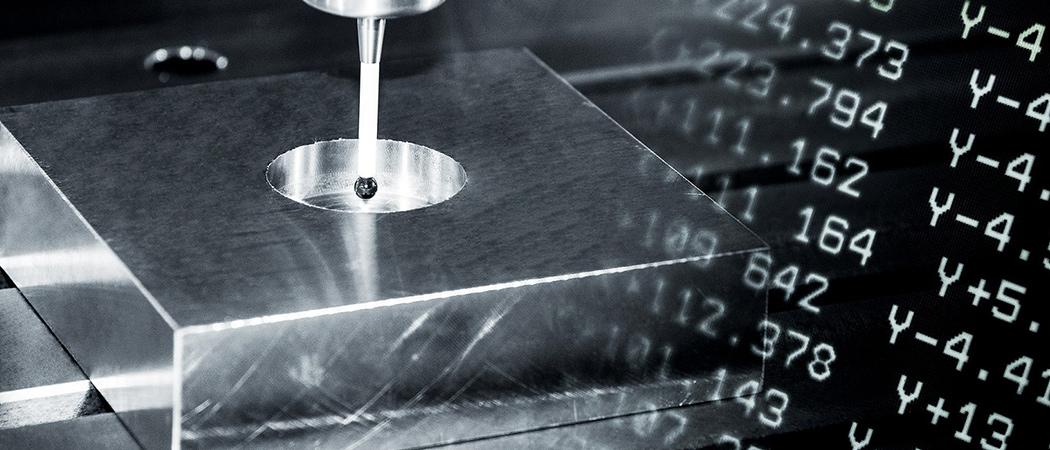Member states and the European Parliament are set to hash out the terms of the new partnership for the science of measuring later this month

Picture : German Institute for Interlaboratory Comparisons, dir-kimw.de
EU policymakers are to start negotiations on how to run the new Horizon Europe partnership on metrology, after the European Parliament agreed to the talks on Monday.
The partnership, a continuation of previous collaborations on the science of measurement dating back to 2009, will see member states contribute up to €300 million, matched by funding from the EU research programme, Horizon Europe, over the next seven years. If all goes to plan, the details of the partnership, including the budget, will be settled in a single round of negotiations later this month.
Metrology plays an integral role in developing technologies from wind turbines to quantum computers. In healthcare, as artificial intelligence tools are introduced to improve speed and accuracy in interpreting imaging scans, metrology is needed to ensure the results are accurate and reliable.
“To improve products you need to understand - through precision measurements - what they do,” said Jörn Stenger, chair of Euramet, the European alliance of metrology institutes, which represents member states in the partnership.
Metrology is poised to play a key role in laying the foundations for the green and digital transitions that the EU is embarking on. The research partnership hopes to harmonise European efforts in the field and to stimulate innovation.
Parliament’s bid
At the negotiation table, the European Parliament will be represented by Maria da Graça Carvalho MEP, who has been serving as rapporteur for 11 Horizon Europe partnerships this year.
Carvalho hopes to ensure the partnership is more open, transparent and accessible to universities, research institutes and industry organisations that want to contribute to its work. As part of the effort to open up the partnership, she hopes to convince the member states to reduce administrative burdens and make participation less daunting.
Another key task for Carvalho is ensuring the partnership works closely with industry to boost the market uptake of metrology innovation.
Stenger says metrology institutes have a long history of working with industry and will continue to do so, both on short-term projects, such as supporting new wind turbine technologies, and long-term projects, such helping to lay the knowledge base for quantum computing.
Parliament hopes to increase understanding of the relevance of metrology. “We have also stressed the need to make serious efforts to increase visibility of metrology activities, in particular among the general population,” said Carvalho.
Ready to launch
Stenger says the metrology partnership is a “pretty settled initiative” in the EU research landscape and is optimistic about the outcome of the negotiations between Parliament and member states.
If a deal is reached in the first round of negotiations, the file can be closed in the following weeks, allowing the partnership to get off the ground in early 2022.
“We have started to prepare,” Stenger told Science|Business. “We have launched informal calls on own risk and own resources, so we’ll be prepared to start projects immediately.”
Of the eleven Horizon Europe partnerships that must pass through the hands of the EU Council and the Parliament, the metrology partnership is the only one in which member states and the European Commission join forces to boost innovation in a particular field. This means negotiations between the two institutions are required to reach a decision, while on the other files, the EU Council has the final say.
The European Parliament was due to vote through its position on ten other partnerships this week, including clean aviation, hydrogen and smart networks, which are treated as a single €10 billion file. But as a result of ‘administrative issues’, the vote has been postponed to October.





 A unique international forum for public research organisations and companies to connect their external engagement with strategic interests around their R&D system.
A unique international forum for public research organisations and companies to connect their external engagement with strategic interests around their R&D system.